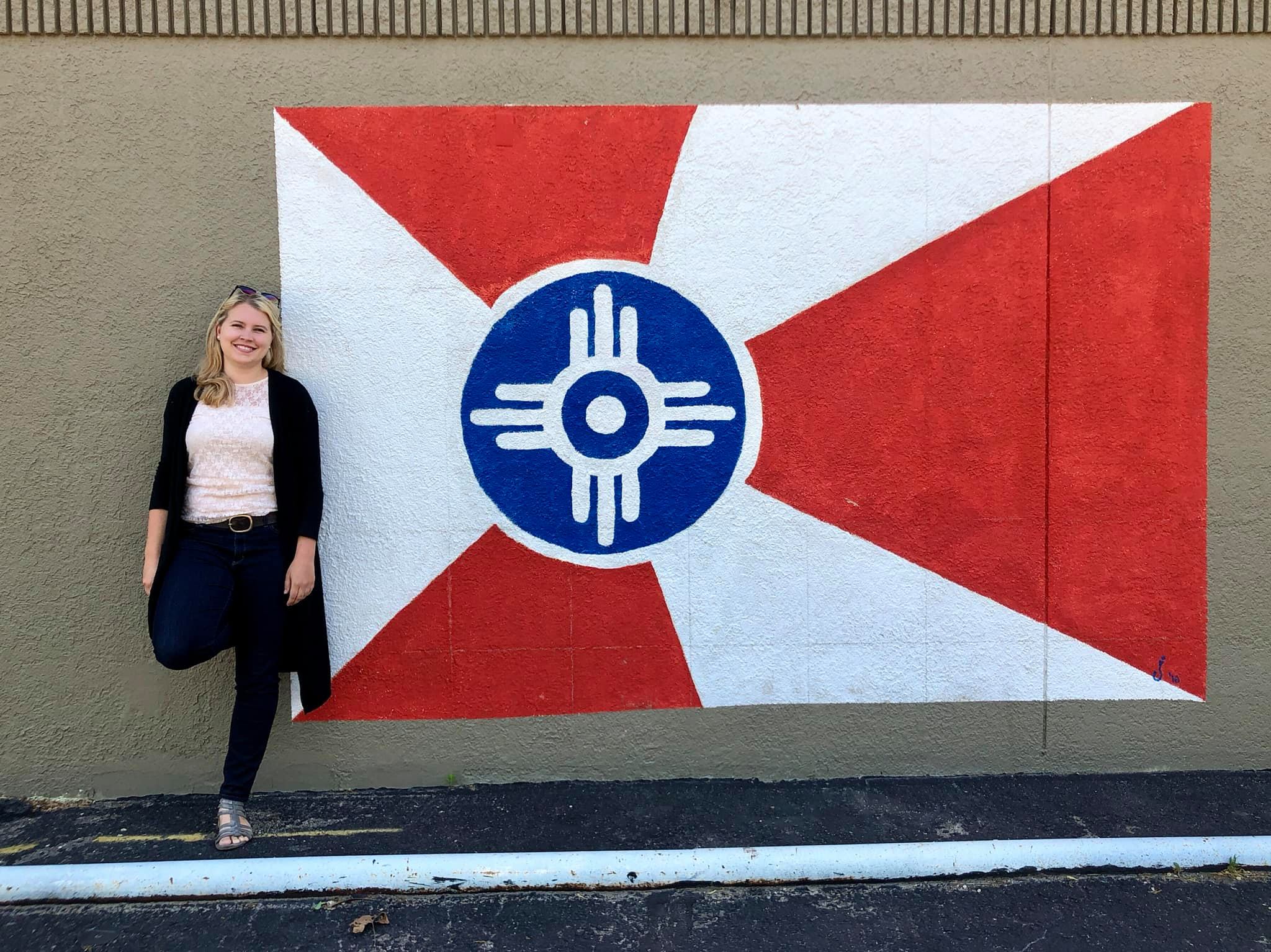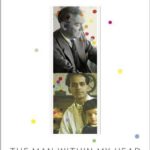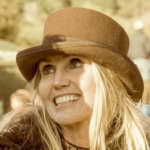Lauren Keith is a freelance travel writer and guidebook author whose work has been published in Lonely Planet, Smithsonian Magazine, Al Jazeera, Atlas Obscura, AFAR, the Independent and elsewhere. She worked for several years as Lonely Planet’s editor for Middle East and North Africa, and she continues to travel the region widely, from scouting out traces of the Islamic empire on the southernmost tip of Spain, to walking alongside nomads in the remote mountains of Iran. Originally from the United States, Lauren also lived in Germany and London before packing her bags and hitting the road as a digital nomad.
How did you get started traveling?
I feel like I was late to the travel game. Growing up in Middle America, the rest of the world felt so far away and impossible to reach, if it existed at all. As a kid going to church, I didn’t think Jerusalem was even a real place, which is funny now that most of my travel is around the Middle East. One year, our family summer vacation was taking a week-long road trip around Kansas, and though at the time I did not appreciate the giant balls of twine and motels that looked like they’d been hit by a tornado, I’ve since come to cherish those places and memories.
Part of my family heritage is German – my grandfather was raised on a farm in central Kansas in the 1930s and didn’t learn how to speak English until he started school. I studied German in high school and at the University of Kansas, and my first trip abroad was to Germany, Switzerland and Italy in 2006. It was a 10-day pre-packaged bus tour, something I wouldn’t be caught dead doing now. I honestly spent most of that trip feeling homesick, but the switch had been flipped. I returned to Germany in college to study abroad and intern at a German newspaper. Shortly after I graduated from KU, I moved to Germany for a year and then moved to London, where I lived for a decade. In 2019, I decided to become a digital nomad, selling almost everything I owned to try out full-time travel and life on the road. It’s been an adventure to not have a permanent address, especially because the pandemic hit just six months later.
How did you get started writing?
In 5th grade, I wrote a story for class that was essentially the same premise as a computer game I loved called Amazon Trail, a South America boat-based version of Oregon Trail. I didn’t know what the word “plagiarism” meant until years later. But my teacher was impressed and encouraged me to take a journalism class in middle school. I worked on student newspapers every year after that: in middle school, high school and at the University of Kansas, where I got my degree in journalism.
What do you consider your first “break” as a writer?
In 2014, I got hired at Lonely Planet’s London office, but the job was entirely tech-centric and involved testing software and maintaining the database that the guidebook content lived on. But I worked with the team of editors that looked after commissioning guidebooks and online articles, and eventually got the courage to pitch. The first article I had published was where to stop in Kansas on a road trip on Interstate 70.
I later became one of the commissioning editors, and I looked after all of Lonely Planet’s content for the Middle East and North Africa, which is still a region that I specialize in and that’s close to my heart.
As a traveler and fact/story gatherer, what is your biggest challenge on the road?
The biggest challenge is finding time to squeeze in everything I want to do. There’s always one more place to visit, one more restaurant to eat at, one more person to talk to. The other challenge is being able to let some travel be personal and not for work: I struggle to go on trips that are just for me. Everywhere I go, I’m always asking: Is there a story here? What should I be writing about this place? Who should I be talking to, and what do I want to experience? That’s not always a bad thing, but it can get exhausting. Sometimes it feels impossible to switch off.
What is your biggest challenge in the research and writing process?
Believe it or not, the actual writing. Staring at a blank screen is anxiety-inducing, and sometimes writing even the most basic stories feels like I’m reaching deep into my emotional well to see what I can pull out. Impostor syndrome – am I the one to be telling this story? Do I even know anything about this topic? – can also be paralyzing. Breaking things down into the smallest steps possible helps: one sentence, one paragraph, one step at a time.
What is your biggest challenge from a business standpoint?
Before I became a digital nomad, I lived in London for 10 years. It’s a place I still love, but it doesn’t feel possible to live in London as a freelancer. Some freelancers make it work of course, but trying to figure out the finances in one of the world’s most expensive cities is stressful. My freelance work comes in waves, and some months will have zero work while other months will have too much. You never know what’s around the corner.
Have you ever done other work to make ends meet?
Of course, you have to as a freelance writer. I make more of my income as an editor and project manager than I do as a writer. Making freelancing sustainable is about having an anchor client, a steady and ideally long-term income that can keep you going through the ups and downs of other smaller projects. Getting an anchor client is the holy grail, but it can be tough as someone still in the early days of their freelancing career. Being a digital nomad has helped: I’ve made freelance work in part thanks to the generosity of friends and family who have opened their homes to me, plus I’m able to temporarily live in cheaper places.
What travel authors or books might you recommend and/or have influenced you?
I love the Best American Travel Writing series that comes out every year: the pieces are great armchair travel reading and so inspirational on a professional level. These anthologies are proof that almost every piece of writing is travel writing in some fashion, whether that’s culture or food or transformative first-person essays.
What advice and/or warnings would you give to someone who is considering going into travel writing?
Make time every day to write, whether that’s in a personal diary that no one else ever sees, for a blog with a small audience or for a larger publication. But work for free sparingly. Your time and energy are valuable.
It’s fine to be a generalist travel writer, but it’s better to find your niche, whether that’s a region of the world or a specific aspect of travel, such as food or luxury.
Don’t give up on a story idea that you love. It might not be a fit for many of the publications that you pitch it to and you might be facing an inbox full of rejection, but if you’re passionate about your story, it will find a home.
What is the biggest reward of life as a travel writer?
Being able to experience lives and cultures that are so different from my own. Developing a global network of friends who will let me crash on their couch. Going anywhere new, whether that’s 5 miles or 5000 miles away, and feeling that sense of wonderment at how amazing our planet and its people are.





